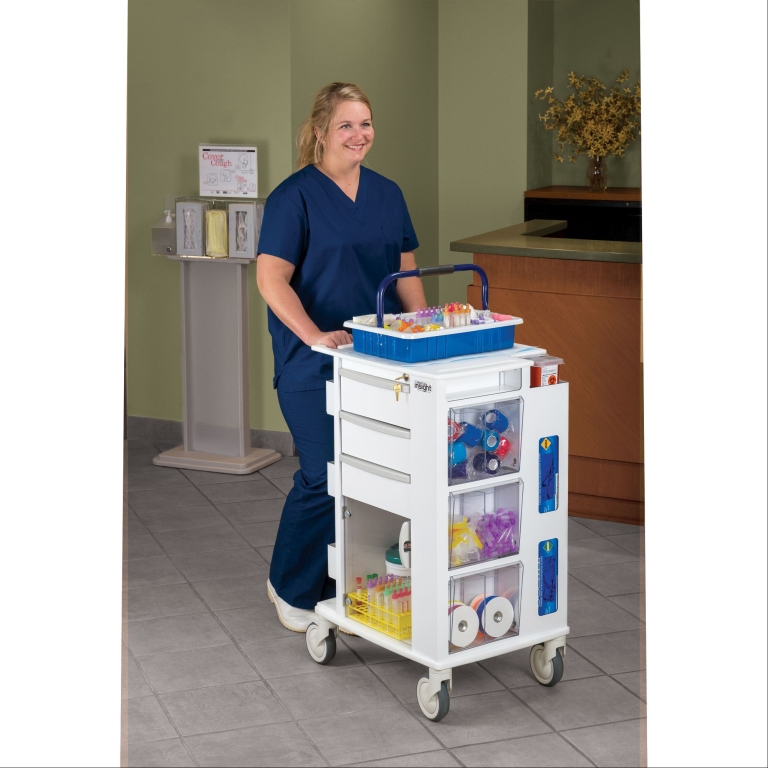Title: Define Phlebotomist: Job Description, Duties, and Skills
Meta Title: All You Need to Know About Phlebotomists: Job Description, Duties, and Skills
Meta Description: Discover the role of a phlebotomist, including job description, duties, and required skills in this comprehensive guide. Learn more about this crucial healthcare profession today.
Introduction:
Phlebotomists play a crucial role in the healthcare industry, as they are responsible for drawing blood from patients for various medical purposes. This article will define what a phlebotomist is, outline their job description, discuss their duties, and highlight the skills needed to excel in this field.
What is a Phlebotomist?
A phlebotomist is a healthcare professional who specializes in drawing blood from patients for various purposes, including medical tests, transfusions, research, and donations. They are trained to perform venipuncture procedures, where they collect blood samples from patients using needles and syringes.
Job Description of a Phlebotomist:
The primary role of a phlebotomist is to collect blood samples in a safe and sanitary manner. They work in hospitals, clinics, labs, blood donation centers, and other healthcare settings. The main responsibilities of a phlebotomist include:
– Gathering patient information and medical history
– Identifying and labeling blood samples correctly
– Following proper safety protocols and infection control measures
– Communicating effectively with patients to ease any fears or concerns
– Transporting blood samples to the laboratory for testing
Duties of a Phlebotomist:
Phlebotomists perform a range of duties to ensure that blood samples are collected efficiently and accurately. Some common duties of a phlebotomist include:
– Identifying patient veins for venipuncture
– Sterilizing the puncture site before drawing blood
– Drawing blood using appropriate techniques
– Handling blood samples properly to prevent contamination
– Documenting procedures and test results accurately
– Maintaining a clean and organized work area
Skills Required to be a Phlebotomist:
To excel as a phlebotomist, individuals need a combination of technical skills, interpersonal skills, and attention to detail. Some essential skills required for this role include:
– Knowledge of anatomy and physiology
– Proficiency in venipuncture techniques
– Strong communication and patient care skills
– Attention to detail and accuracy
– Ability to work efficiently under pressure
– Adherence to safety and infection control protocols
Benefits of Being a Phlebotomist:
Becoming a phlebotomist offers several benefits, including:
– Entry-level position in the healthcare field
– Opportunities for career advancement and specialization
– High demand for phlebotomists in various healthcare settings
– Competitive salary and benefits
– Fulfilling work that helps patients and healthcare providers
Conclusion:
Phlebotomists play a vital role in the healthcare industry by collecting blood samples for medical purposes. This article has provided a comprehensive overview of what a phlebotomist does, including their job description, duties, and the skills needed to succeed in this field. If you are considering a career as a phlebotomist, make sure to acquire the necessary training and certifications to embark on this rewarding profession.
